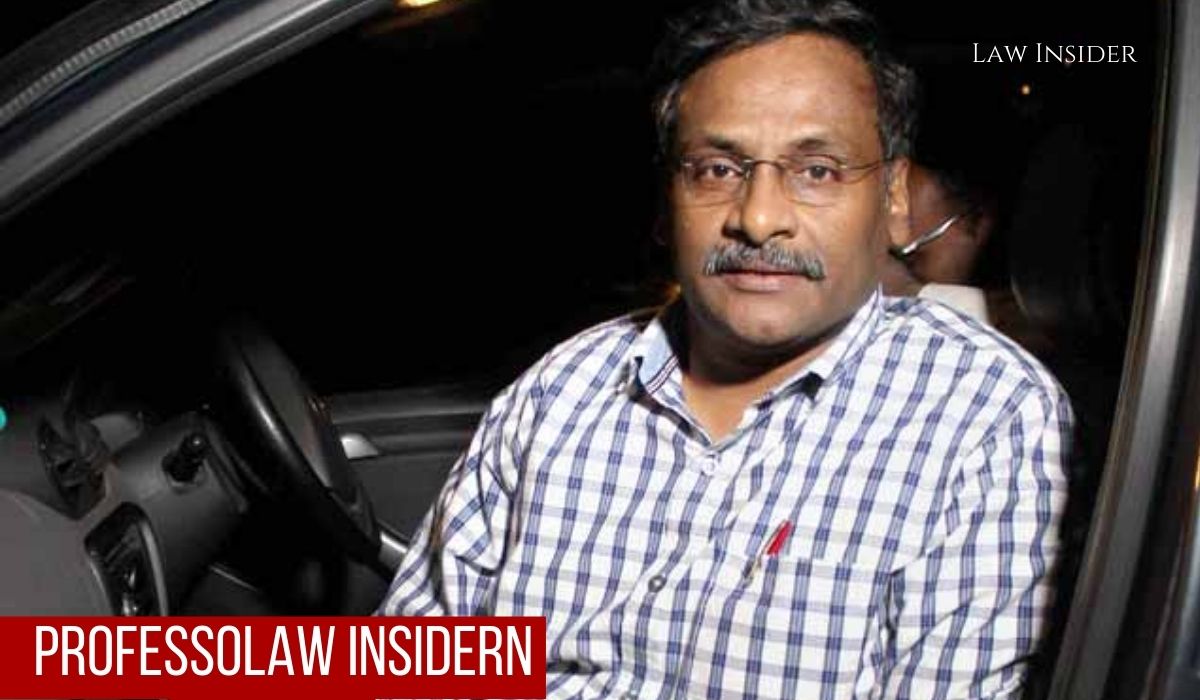Bhuvana Marni
Published on: October 16, 2022 at 18:37 IST
The Bombay High Court‘s order expelling former Delhi University professor G. N. Saibaba and five other people in a case involving suspected Maoist links was suspended by the Supreme Court on Saturday.
A Bench composed of Justices M.R. Shah and Bela M. Trivedi issued the ruling while giving notice on the appeal put out by the State of Maharashtra during a nearly two-hour-long hearing in a special session conducted on Saturday.
“We are of the firm opinion that the impugned judgment of the High Court is required to be suspended…”
“It is not in dispute that even considering Section 390 CrPC and the decision of this court in the case of 1976(3) SCC 1 the appellate court in an appeal against acquittal, can suspend the order of acquittal/discharge. Therefore, this court can suspend the HC order,” the bench observed in its order.
According to the report, the offences at issue are very serious, and the accused were found guilty following a careful analysis of the available evidence.
Therefore, offences are extremely serious against the interests of the society, India’s sovereignty, and its integrity if the State prevails on the merits.
“High Court has not considered the merits. High Court has discharged the accused only on the ground that sanction was invalid and some material which was placed before the appropriate authority and sanction was granted on the same day”, the Court noted in the order.
The Bombay High Court accepted their appeals against their conviction and life sentence handed under the anti-terror code UAPA on Friday.
As a legal sanction as needed by Section 45 of the UAPA was not obtained, it was decided that the trial was invalid. A “perceived peril to national security” cannot be sacrificed on the altar of procedural protections, the Court stated.
Hours after the conviction, the Solicitor General, Mr. Tushar Mehta, brought the SLP challenging the contested order before the bench of Justices D.Y. Chandrachud and Hima Kohli for an early listing. He requested an interim stay of the Bombay High Court’s ruling verbally.
Reluctant to grant stay of operation of an order of discharge, the Bench, at the request of the SG granted him liberty to file an application for the administrative decision of the CJI, Justice UU Lalit to list the matter on Saturday.
During the hearing, Justice Shah said, “We are finding a fault with the High Court for not entering the merits of the case and for finding a shortcut to decide (on the basis of sanction).”
Justice Trivedi pointed out that as per Section 386 CrPC, the appellate court can acquit only after reversing the trial court findings. (In this case, the accused was discharged on the basis of sanction, without going into merits).
Can the accused be discharged by the appellate court on the ground of irregular sanction after they have been convicted by the trial court on merits?
The bench has formulated the following questions of law and posted the matter after vacation: –
- Whether considering Section 465 CrPC, after the accused is convicted on merits, whether the appellate court is justified in discharging the accused on the ground of irregular sanction?
- In a case where the trial court has convicted the accused on merits, whether the appellate court is justified in discharging the accused on the ground of want of sanction, particularly when objection wrt no sanction was not raised specifically during the trial?
- What will be the consequences of not raising the dispute with expect to sanction during the trial and thereafter permitting the trial court to proceed further despite the opportunities given to the accused?
Case Title: State of Maharashtra vs. Mahesh Kariman Tirki And Ors. Diary No. 33164/2022]

